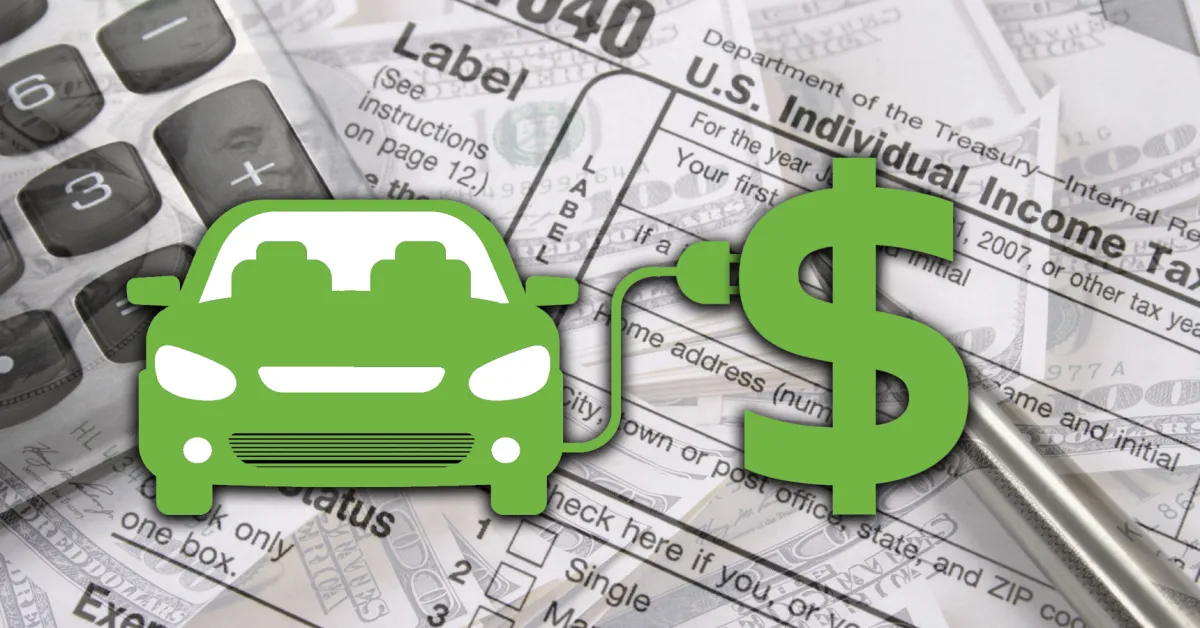The automotive landscape is evolving rapidly as electric cars gain traction among consumers, sparking debates about their affordability and advantages. Amidst these discussions, a prevailing query revolves around whether insuring electric vehicles (EVs) is costlier than their traditional gasoline counterparts. In this piece, we delve into the variables shaping electric car insurance rates and assess whether they genuinely command higher premiums.
 Read more.. IRFC Shares Rally 20% to Hit Fresh One-Year High; Here’s Why
Read more.. Common Mistakes to Avoid When Applying for an Easy Loan
Read more.. IRFC Shares Rally 20% to Hit Fresh One-Year High; Here’s Why
Read more.. Common Mistakes to Avoid When Applying for an Easy Loan
1. Vehicle Cost
The foremost determinant exerting a significant sway on insurance premiums across all vehicle classes, whether they're electric or conventional, fundamentally hinges on the initial cost of the automobile. Electric vehicles often bear a heftier price tag relative to their gasoline counterparts, thereby leading to increased insurance expenses owing to the pronounced influence of a vehicle's worth on premium computations. Nonetheless, it's imperative to recognize that the pricing gap between electric and gasoline cars is progressively diminishing as technological progress and economies of scale steadily come into play.
 Read more.. When is Janmashtami 2023 fix Date 7th or 8th
Read more.. 5G Innovation: Reforming Network and its Suggestions
Read more.. When is Janmashtami 2023 fix Date 7th or 8th
Read more.. 5G Innovation: Reforming Network and its Suggestions
2. Repair and Replacement Costs
Electric vehicles often feature distinct components and technology compared to conventional automobiles, with pricey lithium-ion batteries being a prime example. When accidents occur, the expense associated with repairing or replacing these components can influence insurance premiums. However, on a positive note, some insurance companies provide tailored coverage for EVs, taking into account factors like battery depreciation and charging infrastructure, which could help mitigate the increased repair costs.
3. Safety Features
Electric vehicles insurance frequently include cutting-edge safety enhancements and autonomous driving functionalities. These innovations play a crucial role in diminishing accident probabilities, thereby resulting in decreased insurance costs. Insurers frequently offer premium discounts for vehicles equipped with these safety features, making insuring an EV with advanced driver assistance systems (ADAS) a more budget-friendly choice compared to a conventional vehicle lacking such technological advancements.
4. Driver Profile
Your personal driving history, location, and other factors still play a significant role in determining insurance premiums. While electric cars may have specific characteristics that can affect rates, the driver's profile remains crucial. A safe driver with a good record can often secure competitive insurance rates, regardless of the vehicle's power source.
5. Insurance Providers
Different insurance companies have varying policies and approaches to electric car insurance. Some insurers specialize in electric vehicle coverage and may offer competitive rates, while others may not fully understand the technology and charge higher premiums. It's essential to shop around and obtain quotes from multiple providers to find the most affordable coverage for your electric car.

